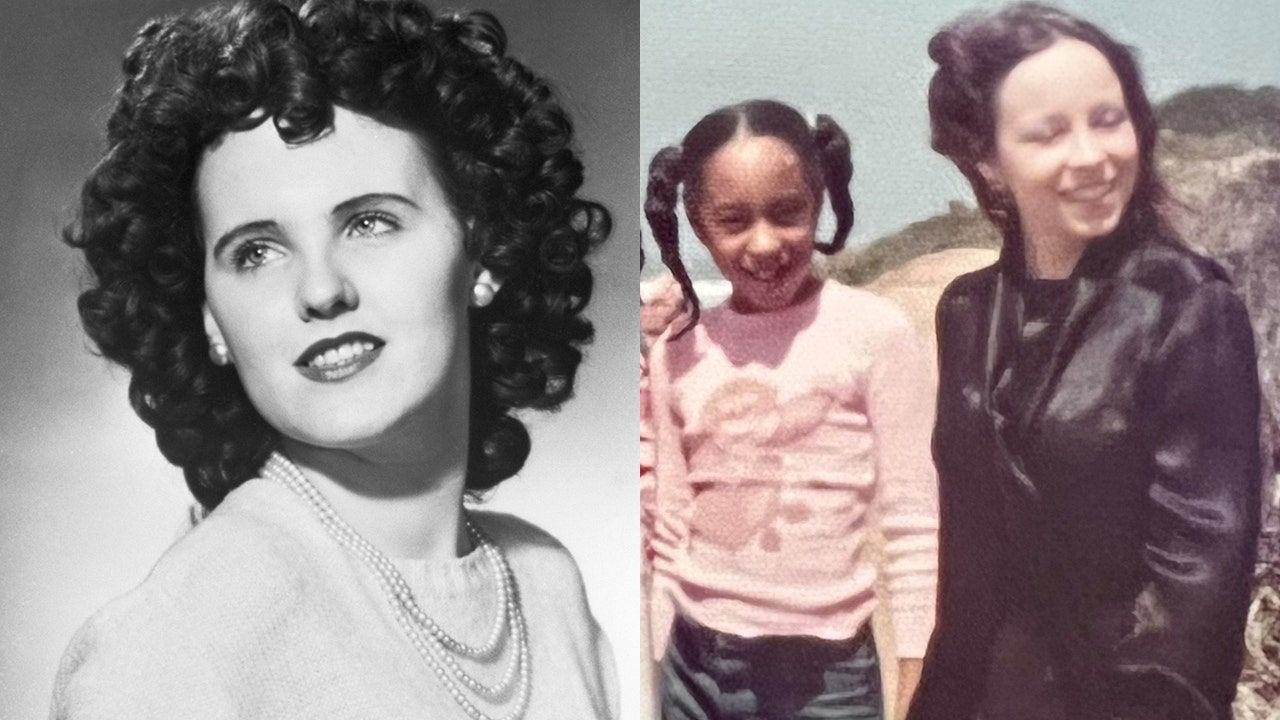Two sisters, Rasha Pecoraro and Yvette Gentile, are on a mission to heal the wounds that have plagued their family for decades.
Through their weekly podcast, “Facing Evil,” they share true-crime stories while exploring the path to wellness after enduring trauma.
This is not their first venture into the world of podcasting; in 2019, they collaborated on “Root of Evil,” which delved into their dark family history, including their connection to The Black Dahlia, one of America’s most infamous unsolved cases.
At the heart of their story lies a tale of family secrets and the struggles that families face when confronted with trauma.
Generational trauma is a real phenomenon, and the sisters have experienced it firsthand within their own family.
However, their focus is not solely on the victims of these traumatic scenarios but also on the lasting impact on the families left behind.
By discussing mental health, hope, and healing, Pecoraro and Gentile aim to inspire others to overcome their own struggles and find solace.
The sisters are the daughters of Fauna Hodel, who was born in 1951 to a teenage Tamar Hodel in San Francisco.
Fauna was given up for adoption and raised by an African American family in Reno, Nevada.
Throughout her life, Fauna believed she was biracial and sought to uncover her true identity.
It wasn’t until the 1970s that she discovered her birth mother, who revealed a shocking truth: Fauna’s grandfather was none other than Dr. George Hodel, a notorious Los Angeles gynecologist accused of murdering Elizabeth Short, known as “The Black Dahlia.”
Elizabeth Short’s gruesome murder in 1947 sent shockwaves through the nation.
Her n^ked and mutilated body was found in a vacant lot, with her mouth slashed into a haunting smile.
Short’s death has inspired numerous works of art and entertainment, including films and TV series.
Fauna’s life also became the basis for the limited series “I Am the Night,” which aired in 2019.
George Hodel was suspected of involvement in Short’s murder, but he was never charged.
Despite extensive investigations, the case remains unsolved.
Fauna, before her passing, wrote a memoir titled “One Day She’ll Darken,” which served as the inspiration for “I Am the Night.”
Fauna’s journey was filled with hardships, including accusations of incest within her family.
However, DNA tests later proved that Fauna was not a product of incest, though the identity of her biological father remains unknown.
Throughout it all, Fauna maintained compassion for Elizabeth Short, refusing to refer to her as “The Black Dahlia.”
Her focus was always on the victims and finding light in the darkness.
Pecoraro acknowledges that with key players no longer alive, the truth behind Short’s murder may never fully emerge.
However, she hopes that by sharing their own truth and continuing to tell their mother’s story, they can shed new light on her life and inspire others to speak out about their own experiences.
The podcast serves as a testament to their mother’s openness and resilience, and they believe she would be proud of their efforts.
Acknowledging that every family has its secrets, Pecoraro and Gentile emphasize the importance of moving forward and helping others by sharing their stories.
Some may choose to keep these secrets buried, and that is their prerogative.
However, the sisters have found healing through openness and hope to encourage others to do the same.
In conclusion, the podcast “Facing Evil” is a platform for Rasha Pecoraro and Yvette Gentile to share true-crime stories while offering a message of hope and healing.
Their journey is deeply intertwined with the infamous Black Dahlia murder, a case that remains unsolved to this day.
Through their storytelling, they aim to shed light on their mother’s life, honor the victims, and inspire others to find peace after tragedy.































